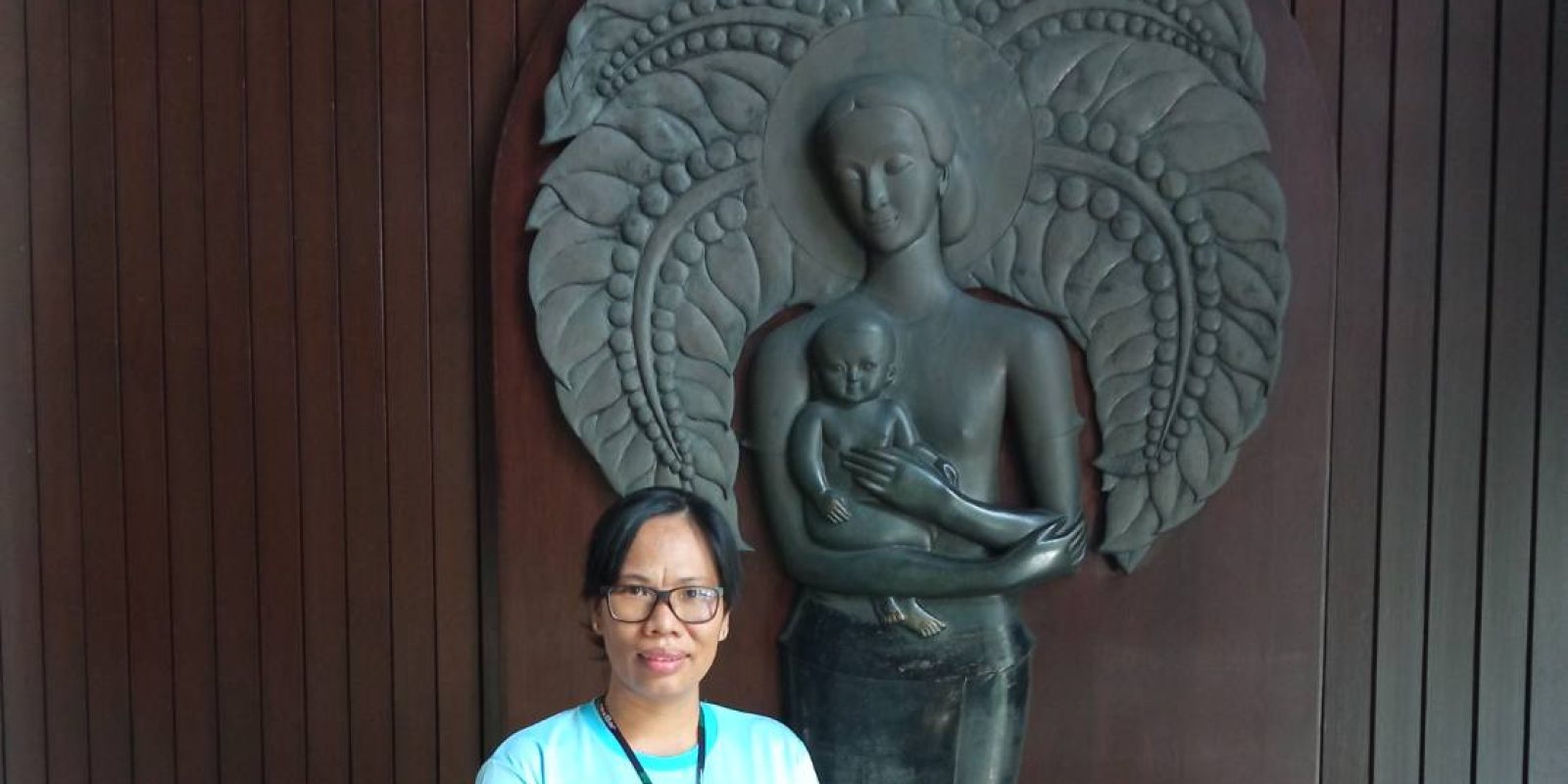Cambodia: Without rights and opportunities, integration is an illusion for urban refugees
23 July 2010|Lian Yong, legal officer, JRS Cambodia
Phnom Penh, 23 July 2010 – Htin and his wife, Myaing, are recognised refugees from Burma. They managed to escape persecution from the Burmese junta for their pro-democratic activities, only to find themselves struggling with day-to-day life in Cambodia.
Even though they are both young and bright, Htin and Myaing have not been able to find work in order to support themselves in Phnom Penh.
“We are not Cambodian citizens so we cannot find a job. Lack of opportunity and language skills has made it very difficult for me to find work. I applied at one of the hotels and they told me I could not get a job because I cannot speak Khmer. All the clubs and hotels want Khmer people. I cannot get a job ahead of the local people”, Htin says.
Htin feels frustrated by the lack of opportunity.
“I’m young, I want to study and have a good life. I want to study at university or get a diploma. We have very little income, no job, so how can we study? How can we have good lives?” he asks.
Htin has tried to remain positive and find things to do in Cambodia; however, the political situation presents a challenge. When he took part in a number of rallies in Phnom Penh trying to promote political freedom in Burma, the local police forced them to stop their activities.
The close relationship between the Burmese and Cambodian authorities, and the deportation last December of ethnic Uigher asylum seekers back to China, make Htin feel as if he isn’t free to express his political views in his country of asylum.
With the rising cost of living and transport in Cambodia, many refugees find it difficult to make friends and socialise. Refugees and asylum seekers are treated as outsiders by local Khmer people and are charged higher prices in the markets and shops.
“We buy our food, vegetables and rice, from the market. They know we are foreigners; there are no fixed prices, so they charge us more than Cambodians. It’s the same with transport”, he complains.
“I am also depressed because we stay at home all the time, we have no jobs or friends. Some of Burmese people run businesses here so they don’t want to meet people like me who have been involved in politics”, he adds.
“Sometimes I think we have no identity, I feel we are stateless. I spoke to a lady at UNHCR [UN refugee agency] and she said we need to wait more than 10 years before we can get [Cambodian] citizenship. How can we struggle for 10 years?” Htin says, summing up the situation for many refugees in Cambodia who lack support networks, opportunities and the ability to gain political rights.


